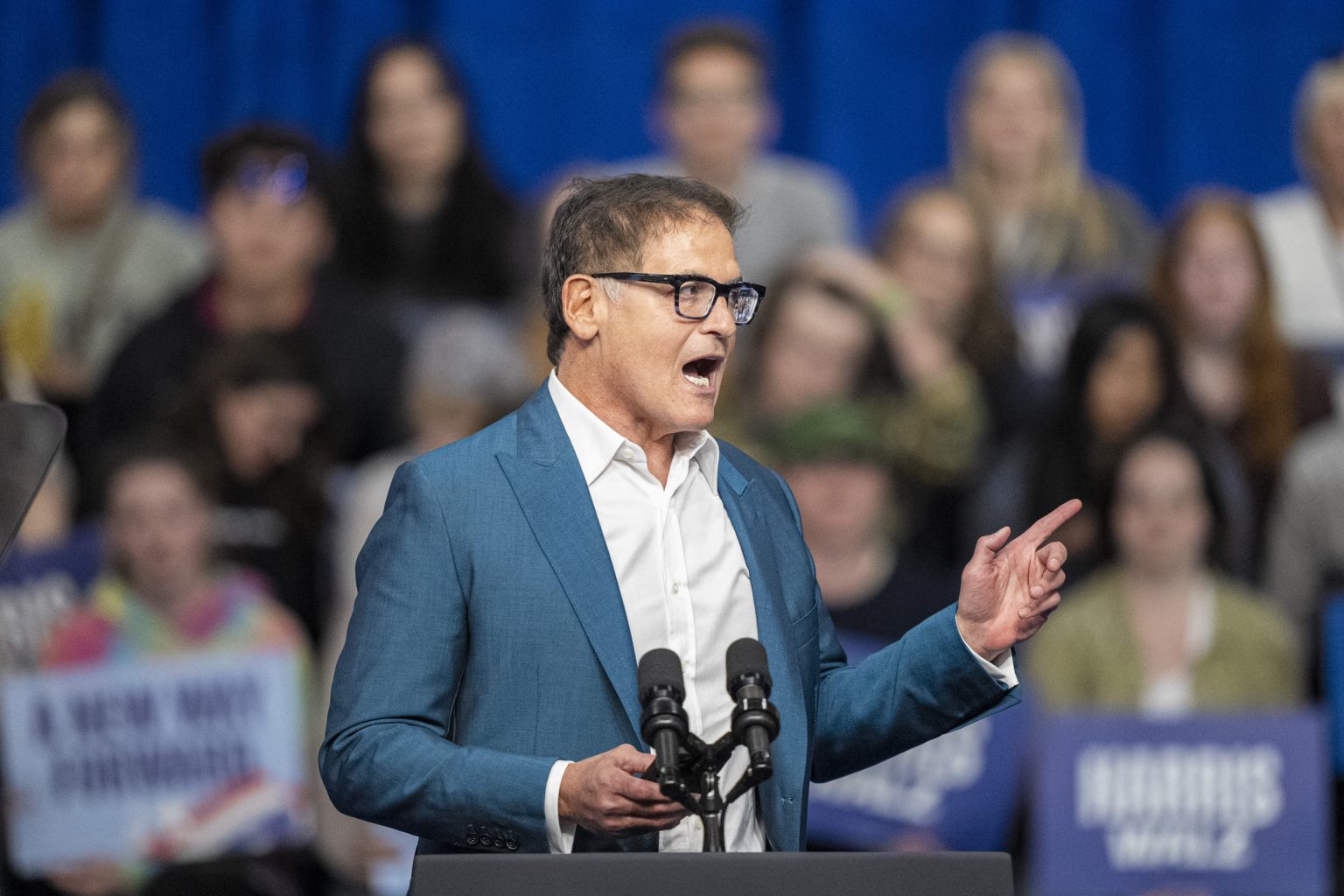Billionaire entrepreneur Mark Cuban recently sparked a major debate on social media by questioning the legality of Elon Musk’s latest political initiative. Musk, the CEO of X, announced a voter engagement strategy that involves offering daily $1 million prizes to swing state voters who sign a petition supporting the First and Second Amendments of the U.S. Constitution. This plan was unveiled during a town hall event in Harrisburg, Pennsylvania, where Musk is a vocal supporter of former President Donald Trump in the 2024 presidential election against Vice President Kamala Harris.
The America PAC (Political Action Committee) run by Musk would give registered voters in key swing states the opportunity to win $1 million daily until the November 5 election. To participate, registered voters must sign a statement affirming their support for the First and Second Amendments. Musk announced the first winner, John Dreher, at the Harrisburg event, with subsequent winners coming from Pennsylvania before opening up to voters in Georgia, Nevada, Arizona, Michigan, Wisconsin, and North Carolina. Despite polls showing Trump and Harris tied in Pennsylvania, Musk’s plan has garnered widespread attention and debate.
The controversy surrounding Musk’s voter giveaway first gained traction online when Mark Cuban shared a post highlighting Norman Ornstein’s concerns about the legality of the initiative. Cuban tagged Pennsylvania Democratic Governor Josh Shapiro in his post, which garnered over 1.4 million views and 3,400 comments. Cuban expressed doubts about the legality of the contest, citing Pennsylvania’s strict laws against gambling and questioning whether Musk’s initiative could potentially violate these laws. Governor Shapiro echoed these concerns, suggesting that law enforcement should look into the matter.
Legal experts in the field of election law have also raised concerns about the legality of Musk’s giveaway. Campaign finance lawyer Brendan Fischer raised the issue of eligibility criteria for the prizes, as it may violate laws prohibiting payment for voter registration or voting. UCLA Law School professor Rick Hasen pointed out that while there is nothing inherently illegal about paying people to sign a petition, limiting the giveaway to registered voters could potentially cross a legal boundary. Cuban later acknowledged the complexity of the legal issues involved and deferred to professional legal advice on the matter.
Despite the controversy and legal uncertainties surrounding Musk’s voter engagement strategy, the initiative has sparked a broader conversation about the intersection of technology, politics, and legality. As Musk continues to push the boundaries of traditional political engagement, questions remain about the long-term implications of his unconventional approach. With prominent figures like Mark Cuban weighing in on the debate, the discussion around Musk’s $1 million voter contest is likely to continue as the 2024 presidential election approaches.


